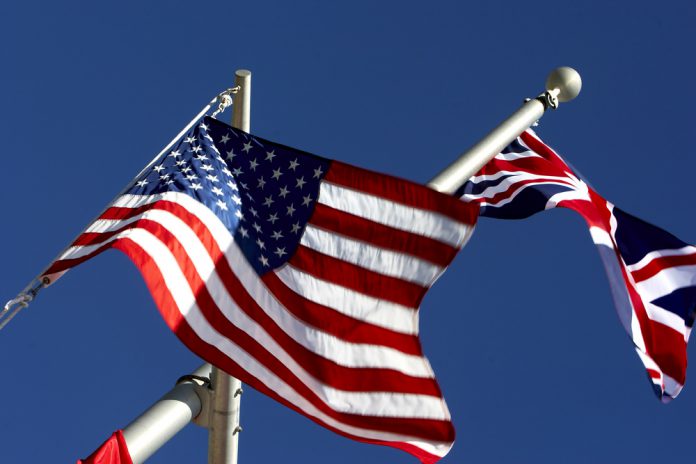Trump’s controversial travel ban has led to two Afghan girls unable to enter the US for a robot-building competition.
Afghanistan itself is not on the list but when asked why the girls were not allowed entry into the US, a U.S. State Department spokesperson cited regulations that prohibited the agency from discussing individual visa cases.
“It’s a very important message for our people. Robotics is very, very new in Afghanistan.” said Afghanistan’s first female tech boss Roya Mahboob.
Team members, Fatemah told Forbes: “We want to show the world we can do it, we just need a chance.”
Joe Sestak, First Global President, said the girls were “extraordinarily brave young women” and said that he was disappointed that they weren’t allowed to enter the US.
He wrote in a post teams from 156 countries, including from Iran and Sudan, had received their visas.
“The support of the U.S. State Department (including its embassies) has been simply nothing short of amazing,” Sestak, adding that a team from Gambia, had been also denied visas to the US.
Media commentator and researcher from the Cato Institute, Jonathan Blanks, tweeted: “I feel safer now that we’ve denied a once in a lifetime opportunity to a group of girls whose country we’ve been bombing since their birth.”
On June 26, the U.S. Supreme Court revived parts of Trump’s executive order that had previously been blocked by lower the courts.
The highest court reannounced the procedure of a lesser ban, saying that it will not apply to anyone with a “bona fide relationship” with a U.S. person or entity.
These new rulings include: Visas that have already been approved will not be revoked, but the US state department has stated that new applicants must have a relationship with either a parent, spouse, child, adult son or daughter, son-in-law, daughter-in-law or sibling who are already in the US to be eligible for a visa.

